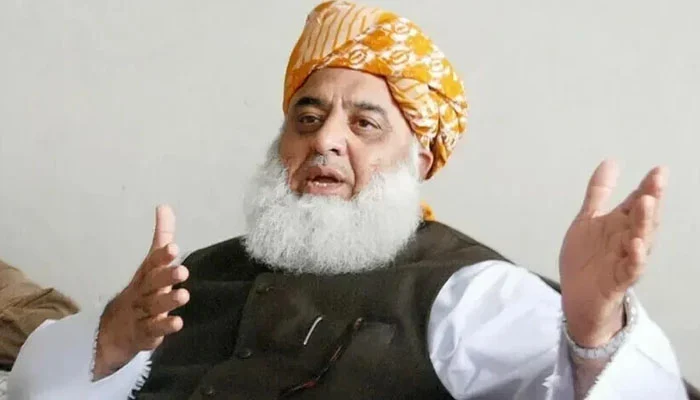A significant amendment to the Civil Servants Act has been proposed in the National Assembly, bringing major changes to asset declaration requirements for government officers. The bill, presented yesterday, has been referred to the relevant standing committee for further deliberation.
Key Provisions of the Civil Servants Act Amendment Bill
The proposed amendment introduces stricter financial disclosure obligations for civil servants, particularly those in grade 17 and above. Under the new regulations:
- Government officers will be required to declare all their assets.
- Officers of grade 17 and above must disclose the assets of their spouses and dependent children.
- Both foreign and domestic assets and liabilities will be declared.
- Asset details will be digitally filed with the Federal Board of Revenue (FBR) and made publicly accessible.
The amendment aims to strike a balance between public interest and individual privacy and security, ensuring transparency while protecting sensitive personal information.
Public Disclosure Under the Access to Information Act
A key aspect of this amendment is its alignment with the Access to Information Act, which ensures greater transparency in governance. However, while asset details will be made public, the bill specifies that the following personal details will remain protected:
- Personal identification numbers (CNICs)
- Home addresses
- Bank account details
Additionally, the Establishment Division will be provided with necessary resources to establish a risk-based verification framework for monitoring asset declarations.
Purpose and Justification of the Amendment
According to the bill’s objectives, the primary purpose of these amendments is to enhance financial accountability and transparency within the civil service. By making the domestic and foreign assets of officials from grades 17 to 22 publicly accessible, the government aims to:
- Strengthen anti-corruption measures.
- Increase public confidence in government institutions.
- Comply with international financial transparency standards.
IMF’s Role in the Amendment
Sources indicate that the International Monetary Fund (IMF) has played a key role in pushing for these amendments. As part of its economic reform conditions, the IMF has emphasized the need for greater financial transparency in public offices to curb corruption and fiscal mismanagement.
This move aligns with Pakistan’s commitments under its IMF loan program, which includes measures to enhance fiscal governance and reduce illicit financial activities within the government.
Implications for Civil Servants
If the Civil Servants Act Amendment Bill is passed into law, it will have several direct implications for government officers:
- Increased Scrutiny: Civil servants will be subject to greater financial scrutiny, requiring them to maintain detailed records of all financial transactions and assets.
- Potential Legal Challenges: The disclosure of public asset data may lead to legal challenges regarding privacy rights and security concerns.
- Stricter Compliance Measures: Government officers may face penalties for misrepresentation or non-disclosure of assets.
Public and Political Reactions
The bill has sparked mixed reactions across political and bureaucratic circles:
- Transparency advocates welcome the move as a step toward accountability and good governance.
- Civil servants and government officials have expressed concerns over privacy and data security.
- Opposition parties argue that while transparency is necessary, the bill should include stronger safeguards to protect government officials from misuse of information.
The bill is currently under review by the standing committee. If approved, it will move forward for debate in Parliament before being enacted into law. The government is expected to introduce additional clarifications and safeguards to address privacy concerns raised by civil servants and legal experts.
The Civil Servants Act Amendment Bill represents a significant shift toward financial transparency in the public sector. While it aligns with IMF’s reform requirements and aims to reduce corruption, it also raises concerns regarding privacy and security for government officials. As the debate continues, it remains to be seen how the final version of the law will address these challenges while ensuring effective accountability.



